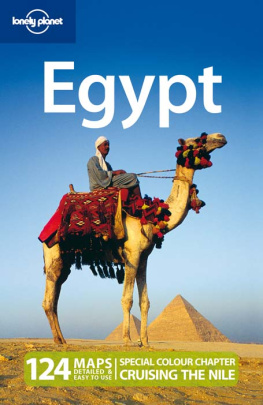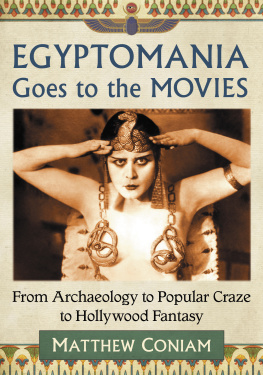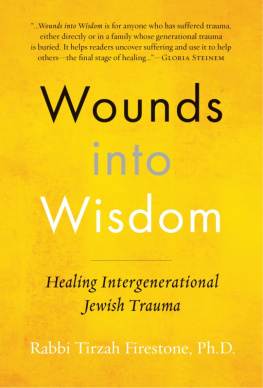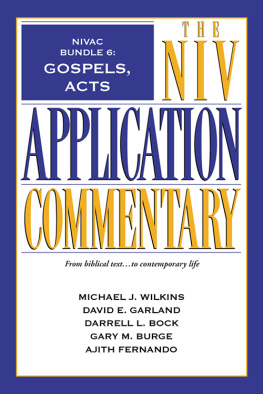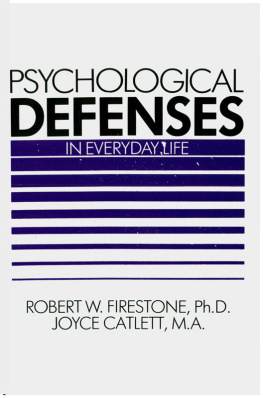Matthew Firestone - Egypt
Here you can read online Matthew Firestone - Egypt full text of the book (entire story) in english for free. Download pdf and epub, get meaning, cover and reviews about this ebook. publisher: Lonely Planet Publications, genre: Romance novel. Description of the work, (preface) as well as reviews are available. Best literature library LitArk.com created for fans of good reading and offers a wide selection of genres:
Romance novel
Science fiction
Adventure
Detective
Science
History
Home and family
Prose
Art
Politics
Computer
Non-fiction
Religion
Business
Children
Humor
Choose a favorite category and find really read worthwhile books. Enjoy immersion in the world of imagination, feel the emotions of the characters or learn something new for yourself, make an fascinating discovery.
- Book:Egypt
- Author:
- Publisher:Lonely Planet Publications
- Genre:
- Rating:3 / 5
- Favourites:Add to favourites
- Your mark:
- 60
- 1
- 2
- 3
- 4
- 5
Egypt: summary, description and annotation
We offer to read an annotation, description, summary or preface (depends on what the author of the book "Egypt" wrote himself). If you haven't found the necessary information about the book — write in the comments, we will try to find it.
Egypt — read online for free the complete book (whole text) full work
Below is the text of the book, divided by pages. System saving the place of the last page read, allows you to conveniently read the book "Egypt" online for free, without having to search again every time where you left off. Put a bookmark, and you can go to the page where you finished reading at any time.
Font size:
Interval:
Bookmark:
A land of magnificent World Heritage Sites and a thousand tourist clichs, Egypt was enticing visitors millennia before Mr Thomas Cook sailed his first steamers up the Nile. It was in Egypt that the Holy Family sheltered, Alexander conquered and Mark Antony flirted. Napoleon stopped long enough to pilfer a few obelisks, the Ottomans paused to prop up the great and barbarous pasha Mohammed Ali, and the British stayed around to get the train system running and furnish every spare nook of the British Museum. And all this was long, long after Menes united the two states of Upper and Lower Egypt, and set the stage for one of the greatest civilisations the world has ever known.
Lingering over coffee in one of Alexandrias cosmopolitan cafes or sipping a calming glass of shai (tea) after a frenzied shopping episode in Cairos Khan al-Khalili are activities as popular today as they were back when 19th-century tourists started to arrive en masse. Magnificent monuments are everywhere the pointed perfection of the Pyramids, soaring minarets of Cairos skyline and majestic tombs and temples of Luxor are just a few of the wonders that generations of visitors have admired during their city sojourns, jaunts up and down the Nile and expeditions through spectacularly stark desert landscapes.
Beyond the graceful symmetry and calculated order of the countrys ancient pyramid and temple complexes, Egypt is bursting at the seams. More than half a century on from the great Nasser-led revolution, Egypt is in a pretty bad state. Unemployment is rife, the economy is of the basket-case variety and terrorist attacks are starting to occur with worrying regularity. Once home to the all-powerful pharaohs, the country has largely been reduced to a dependent state of the USA, having received more than US$30 billion dollars in military aid and economic assistance over the past three decades.
The list of woes continues: torture and ill-treatment of prisoners in detention by police, described by Amnesty International as systematic; the issue of child labour, particularly within the lucrative national cotton industry (UNICEF reports over one million children are believed to work in this industry alone); regularly reported cases of administrative detention of individuals without trial, which has brought criticism from both local media and international human rights organisations; continuing restrictions on women under personal-status laws, which, for example, deny the freedom to travel without permission; rampant inflation, leading to food shortages within the poorest communities; and constant environmental threats, with polluted waterways, overpopulation, unregulated emissions and soil salinity being of serious concern.
Against the backdrop of Americas War on Terror, Egypt has weathered a storm of internal strife, and struggled to define its identity as a moderate Islamic country. On one hand, Egypt was a member of former US President George W Bushs ill-fated Coalition of the Willing, and the sultry belly dancing of underground pop sensation Dina helped spark a debate on the nations traditional views of sexuality. On the other hand, Egyptian opinion polls have shown outrage over Bushs support of Israel, and the emergence of televangelist Amr Khaled is credited with encouraging young girls to start wearing the headscarf.
While it remains to be seen whether or not the Barack Hussein Obama presidency will redefine Americas image in the region, the promise of change is alive and well. Several months after taking the oath of office, President Obama made good on his word to deliver a speech in a major Islamic capital. The venue for this historic address was none other than Cairo University, and Egyptians from all walks of life tuned in to hear the words of a Western emissary, whose middle name means good or handsome in the Arabic language. Pledging a new beginning between America and Muslims around the world, Obama sought to forge a relationship based on mutual interest and respect.
Population: 83 million
Population growth rate: 1.6%
Inflation: 18.3%
GDP: US$443 billion
Main exports: Petroleum, petroleum products, cotton
Average annual income: US$4200
Average male life expectancy: 69 years
Average female life expectancy: 74 years
Male literacy rate: 83%
Female literacy rate: 59%
Estimated number of taxis in the Cairo area: 50,000
Unfortunately, its politics as usual on the home front, with more than a quarter of a century having passed since Hosni Mubarak and his wife Suzanne first set up house in the presidential palace. While he has drawn a small measure of political legitimacy from a series of highly contested elections alongside the continued implementation of martial law (first declared in 1981 following the assassination of former President Sadat), the fact remains that Mubarak is one of Africas longest-serving Big Men. Born in 1928, Mubarak is now well into his golden years, though his health is something of a closely guarded state secret.
Mubaraks imminent demise raises some serious questions about the future political and economic stability of Egypt. While its widely believed that Mubaraks younger son, Gamal, is being groomed for the role of president, the Mubarak family continues to deny such allegations. Regardless of who takes control of the country, the next president (or pseudo-monarch) will have to address some very real issues, including Islamic fundamentalism, domestic terrorism, the Israeli-Palestinian conflict and the changing economic scene, which are all to some degree interconnected.
Indeed, the last couple of years have been marked by further terror attacks in Cairo, riots over the price of wheat and border instability with the Gaza Strip. To his credit, Mubarak has carefully walked a thin line in his attempts to maintain order at home while brokering peace between Israel and the Palestinian Territories, though critics are quick to describe his actions as being little more than chasing rats off a sinking ship. One bright note for visitors has been the lifting of decade-old restrictions that forced travellers into tourist convoys in the Nile Valley, which will ultimately foster more independent travel throughout the country.
Of course, one of the many reasons why Egypt remains such a fascinating tourist destination is that it is very much a country in flux. Egypt may be famous the world over for the Pyramids of Giza and the Valley of the Kings, but these ancient monuments are just part of the equation. Whether in the suffocating density of Cairos city streets or the harsh elements of the open desert, the Egyptians are an incredibly resilient people who find humour and optimism in the most unlikely of circumstances. While your travels in Egypt wont always be easygoing and hassle-free, theyll certainly be eye-opening, to say the least.
Egypt is the most traveller-friendly country in North Africa and the Middle East. Most of the tourist spots are well connected by cheap buses, and many are also linked by trains and planes. Accommodation is plentiful, particularly in the budget and top-end categories, and decent eateries are thick on the ground in nearly every corner of the country. Unlike in some other parts of the region, enjoying a beer, meeting the locals and accessing the internet are all things that can be taken for granted. Predeparture planning will usually guarantee your accommodation of choice but on the whole its not necessary unless youre on a tight timetable, its usually more enjoyable to leave your itinerary in the lap of the gods. After all, there are a lot of them to call on
The best time to visit Egypt depends on where you want to go. Generally speaking, winter (December to February) is the tourist high season and summer (June to August) is the low season in all parts of the country except on the coasts, and to a lesser degree in Cairo. Hotel prices reflect this.
Font size:
Interval:
Bookmark:
Similar books «Egypt»
Look at similar books to Egypt. We have selected literature similar in name and meaning in the hope of providing readers with more options to find new, interesting, not yet read works.
Discussion, reviews of the book Egypt and just readers' own opinions. Leave your comments, write what you think about the work, its meaning or the main characters. Specify what exactly you liked and what you didn't like, and why you think so.

